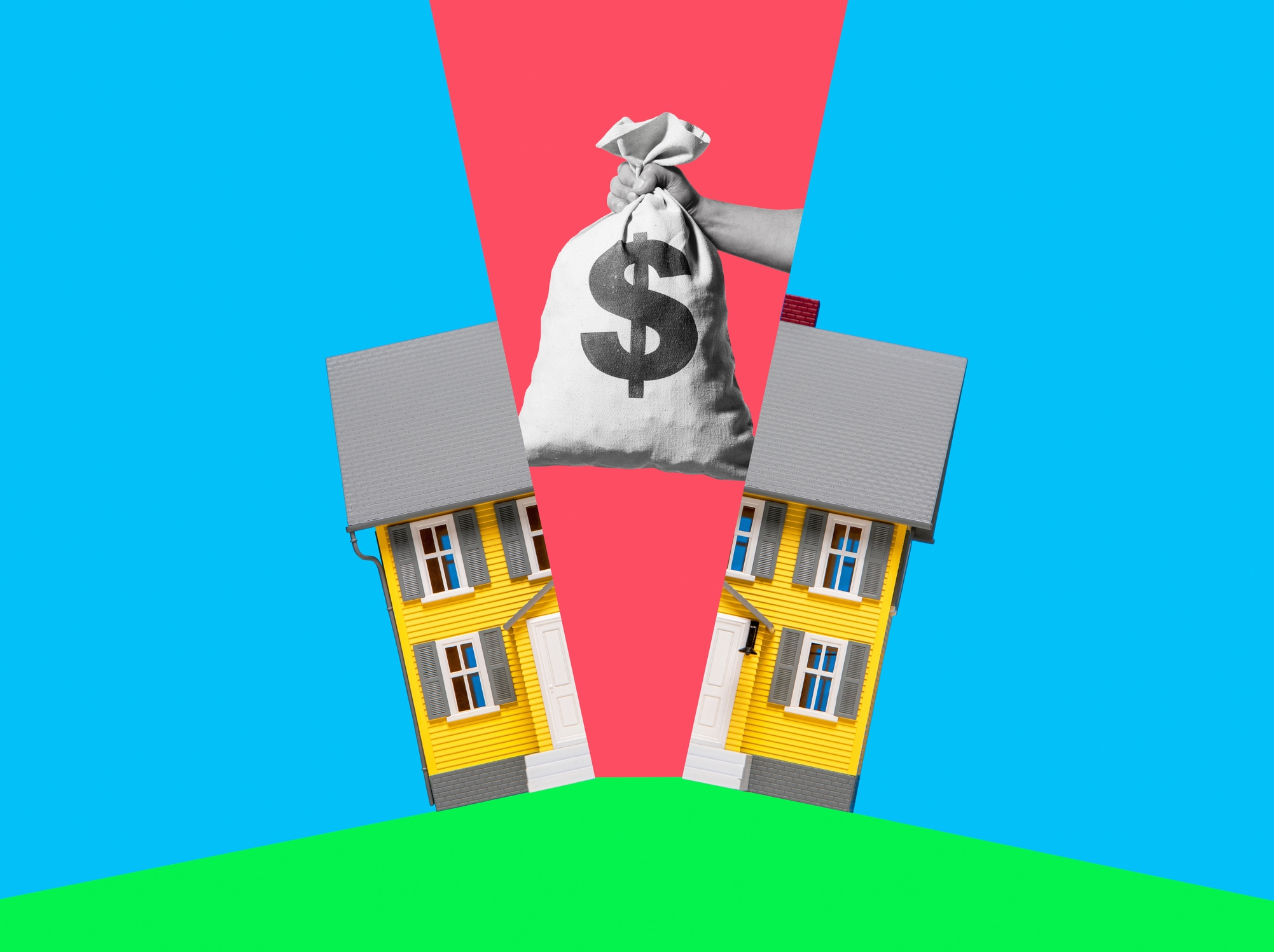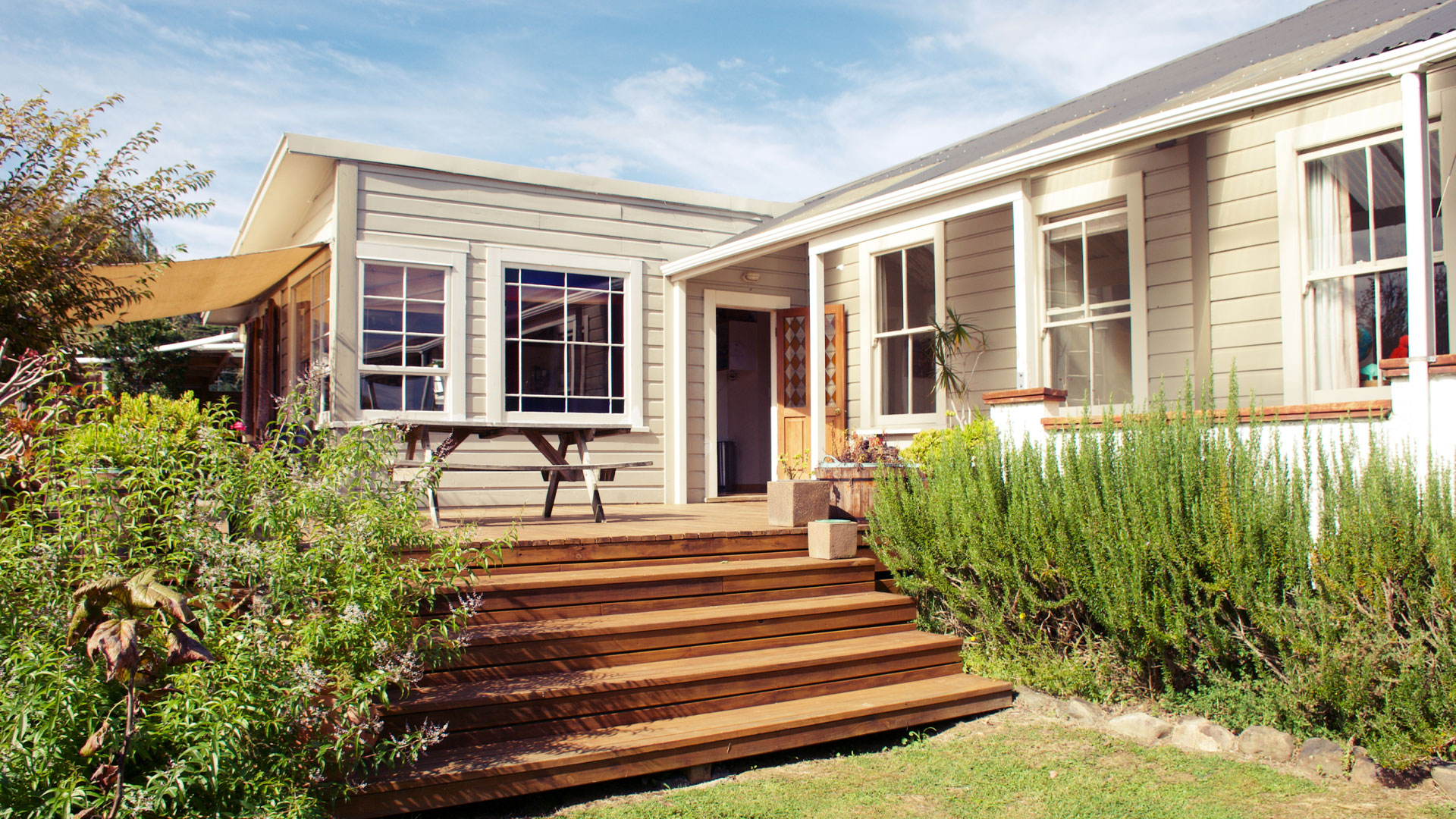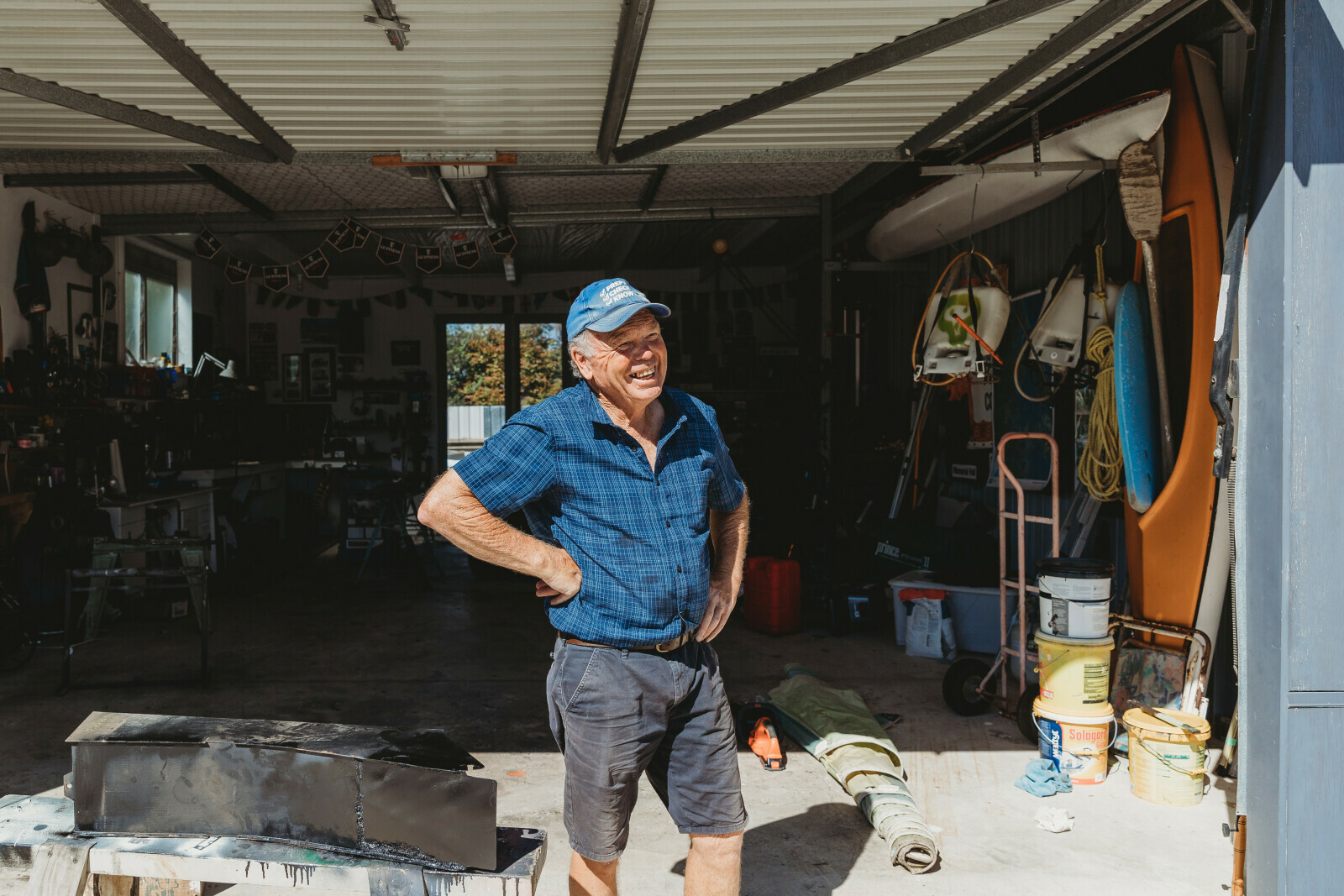Buying guide
Low deposit home loans: how to buy your first home sooner
Got less than 20%? No worries.

Get advice right away
Buying with a small deposit is possible – but there are drawbacks
There's help available if you're sturggling to save a deposit.
Getting a little help from the government
First home loan scheme - 5% deposit loans
Kiwisaver withdrawal
Rent to own schemes
State house purchasing
Saving for a house in NZ isn't easy/.
Getting help from family and friends
Author
Search
Other articles you might like

.jpg)






